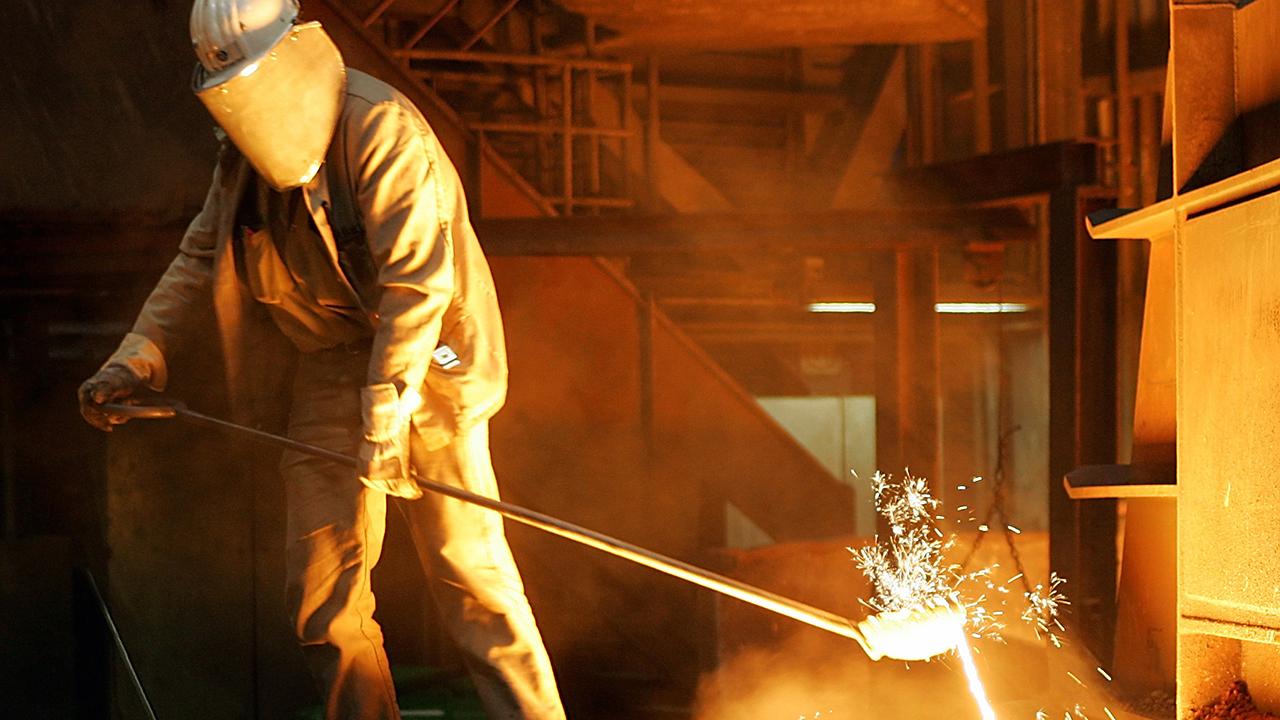Japan plans retaliatory tariffs against United States: Report
TOKYO (Reuters) - Japan is considering tariffs on U.S. exports worth $409 million in retaliation against steel and aluminum import tariffs imposed by President Donald Trump, media reported on Thursday.
Such a move would signal Tokyo is ready to go beyond backdoor talks and pleas for exemptions from the U.S. duties.
It would also add to a growing rift that Trump's "America First" trade policies is creating among major economies, which threatens to slow global trade and business activity.
Japan is the only major U.S. ally that did not receive exemptions from Trump's tariff decision. But it has refrained from following in the footsteps of China and the European Union, which responded to the U.S. decision with reciprocal threats.
That may change as months of negotiations have failed to convince Washington to add Japan to a list of countries exempted from the U.S. tariffs, analysts say.
Tokyo's planned retaliatory tariffs on U.S. exports would be the equivalent value to duties imposed by Washington via its tariffs, public broadcaster NHK said on Thursday.
The government is preparing to notify the World Trade Organization of the plan this week, a necessary procedure under global trade rules, according to NHK.
Analysts see such a threat as more of a negotiating tactic to improve the chances of getting a U.S. exemption, though it would be a notable shift from Tokyo's fairly subdued tone.
"This would be a half-step forward since up till now, Japan was just making requests to the United States for an exemption," said Junichi Sugawara, an analyst at Mizuho Research Institute.
"But there's still some distance from actually slapping penalties," he said.
Japan's top government spokesman Yoshihide Suga conceded the government was considering taking "necessary" steps based on WTO rules. But he said no final decision has been made on whether to take retaliatory steps.
Trump decided in March to impose import duties of 25 percent on steel and 10 percent on aluminum, drawing criticism from other countries for heightening the risk of a global trade war.
The European Commission has insisted the European Union be granted a permanent exemption without conditions. It has threatened to respond with its own duties on U.S. goods and will notify the WTO of its potential plans this week.
China has increased tariffs by up to 25 percent on 128 U.S. products, escalating a dispute between the world's biggest economies.
Japanese policymakers have so far taken a more conciliatory tone, though some have not ruled out the possibility of raising a trade dispute against the U.S. move to the WTO.
(Editing by Chang-Ran Kim and Kim Coghill)




















